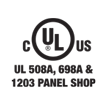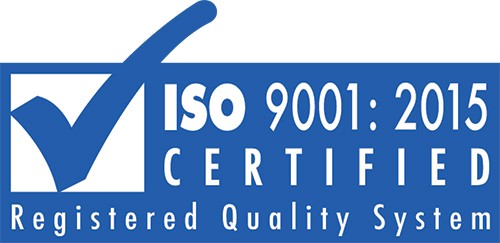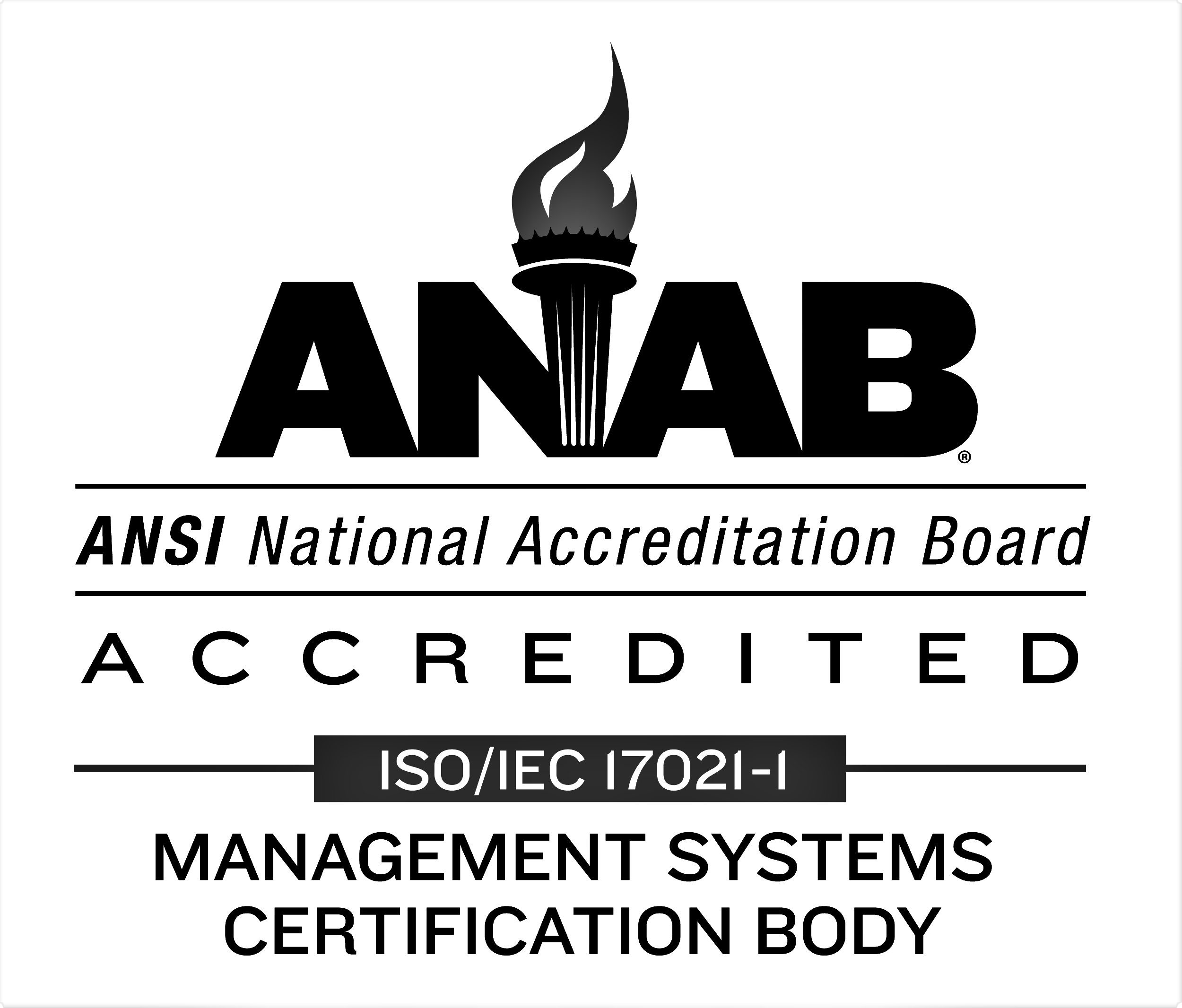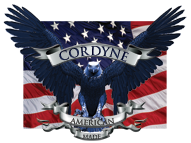- Manufacturing
- Distribution
- Line Card (PDF)
- Eaton/Cutler-Hammer
- Variable Frequency Drive
- Circuit Breakers
- Contactors, Starters & Protective Relays
- Counters, Panel Meters, Tachometers & Timers
- Integrated Power Assembles
- Medium Voltage Motor Control Assemblies
- Metering Devices, Protective Relays & Communications
- Operator Interface Products
- Panelboards
- Power Breakers, Contactors & Fuses
- Power Conditioners, Power Factor Capacitors & Harmonic Filters
- Pushbuttons
- Reduced Voltage Motor Starters
- Sensors
- Switchboards
- Switches
- Switchgear
- Terminal Blocks, Fuse Blocks and Fuse Holders
- Uninterruptible Power Supplies (UPS)
- Timers & Relays
- Transformers
- Hammond Power Solutions (HPS)
- Hammond Manufacturing
- Hubbell/Killark
- Red Lion Controls
- Sprecher + Schuh
- Toshiba
- WEG
- Other Manufacturers
- Cordyne Motor Starters
- Industries Served
- Alternative Energy
- Automation
- Commercial Construction
- Dredging & Aggregates
- Drilling
- Farm & Agriculture
- Food & Beverage
- HVAC
- Industrial Machinery
- Irrigation
- Marine
- Mining
- Nuclear Power
- Oil & Gas
- Petrochemical & Refining
- Process & Well Control
- Pulp & Paper
- Telecommunications
- Traction
- Utilities
- Water Treatment & Sewage
- About Us
- Resource Center
- store
- Contact Us
Sprecher + Schuh Overload Relays
CEP7 Series Solid State Overload Relays for Motor Protection
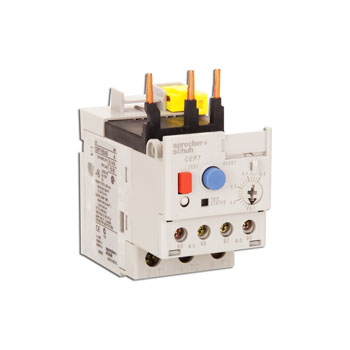 CEP7 solid state overload relays are available in three models:
CEP7 solid state overload relays are available in three models:
- CEP7-ED1- Class 10 with manual reset which is available up to 45 amperes. This covers the most common horsepower motors and can be used for everyday applications.
- CEP7-EE- Class (10, 15, 20 & 30), 3-phase application overload relay with automatic/manual reset.
- CEP7S-EE- Is a 1-phase application overload relay with features from a 3-phase CEP7-EE model.
Sprecher + Schuh’s second generation solid state relays feature:
- Wide current adjustment range
- Selectable tripping class
- Mechanical and electrical mounting
- Self-sealed latching mechanism
- Robust self-powered designed for convenience
- Phase failure protection
- Conventional for project applications
CEP7 offers additional protection with side mount modules. Side mount modules provide motor protection for functionality. Features include:
- Remote Reset
- Jam Protection/Remote Reset
- Ground Fault Protection/Remote Reset
- PTC Thermistor Relay/Remote Reset
- Network Communication Modules
CT7N Series Bimetallic Overload Relays for Motor Protection
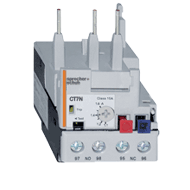 The CTN7 bimetallic overload relay line features:
The CTN7 bimetallic overload relay line features:
- Consistent and reliable protection
- Class 10 characteristics
- Protection from single phase conditions
- Ambient temperature compensation
- Single phase applications
- Selectable manual or automatic reset modes.
- Separate NO signal contact
- Direct close-couple connect for CA7 contactors.
CT8 Series Thermal Overload Relays for Motor Protection
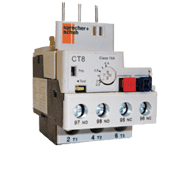 The CT8 thermal overload relay line is features:
The CT8 thermal overload relay line is features:
- “Differential tripping”
- Automatic/Manual reset modes
- Isolated alarm circuit contacts
- Consistent and reliable protection
- Class 10 characteristics
- Protection from single phase conditions
- Ambient temperature compensation
- Single Phase applications
- Fail-safe “trip-free” design
- Selectable lever for manual or automatic reset modes
- Separate NO signal contact
Accelerated tripping for single phase conditions
Sprecher + Schuh
- Circuit Protection
- Contactors
- Control & Timing Relays
- Disconnect Switches
- Motor Controllers & Circuit Breakers
- Overload Relays
- Pilot Devices
- Rotary Cam Switches
- Softstarter Controllers
